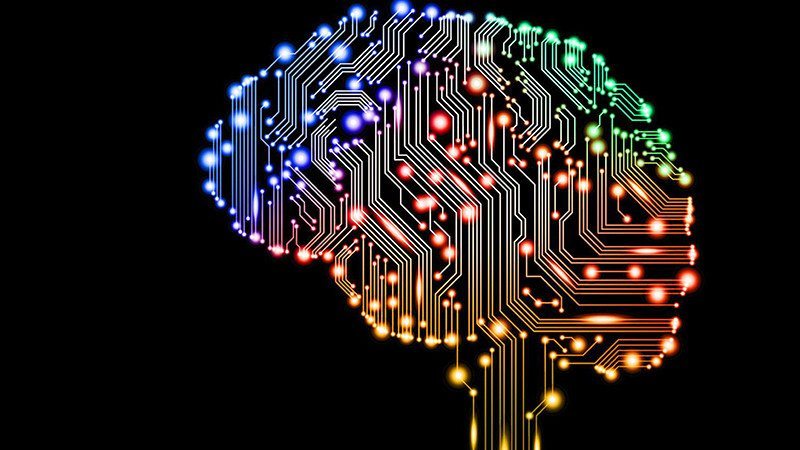AI Accurately Predicts Outcome of Human Rights Cases
John Williamson / 8 years ago

Artificial intelligence has become more sophisticated during the last decade and able to mimic human behaviours rather well. Of course, there’s a certain level of hesitancy about the rising intelligence of machines and how it might affect humankind. It’s evidently clear though that the research in this field is groundbreaking and AI systems are incredibly complex. Recently, an AI system managed to assess a number of complex human rights cases and predicted the correct ruling with an accuracy of 79%.
The study, conducted by researchers at University College London, Sheffield University and Pennsylvania University wasn’t intended to undermine the work of human lawyers. Dr Nikolaos Aletras, who spearheaded the research said:
“There is a lot of hype about AI but we don’t see it replacing judges or lawyers any time soon. What we do think is they’d find it useful for rapidly identifying patterns in cases that lead to certain outcomes,”
“It could also be a valuable tool for highlighting which cases are most likely to be violations of the European Convention on Human Rights.”
The system analysed an English language dataset for 584 cases related to Article 3 (cases involving torture or degrading treatment), Article 6 (rights to a fair trial) and Article 8 (respect for private life). These criteria were set to allow the system to assess cases regarding fundamental human rights and make a decision based on large sums of data. The AI could then analyse patterns in the text and classify each case as “violation or non-violation” Of course, an even number of violation and non-violation cases were presented to prevent the AI from recognising patterns. Interestingly, the algorithm made mistakes when cases were very similar. This shows that the system isn’t quite able to learn the intricacies of certain situations and has room for improvement. Despite this, it’s a huge achievement and shows the potential for AI decision making.



















